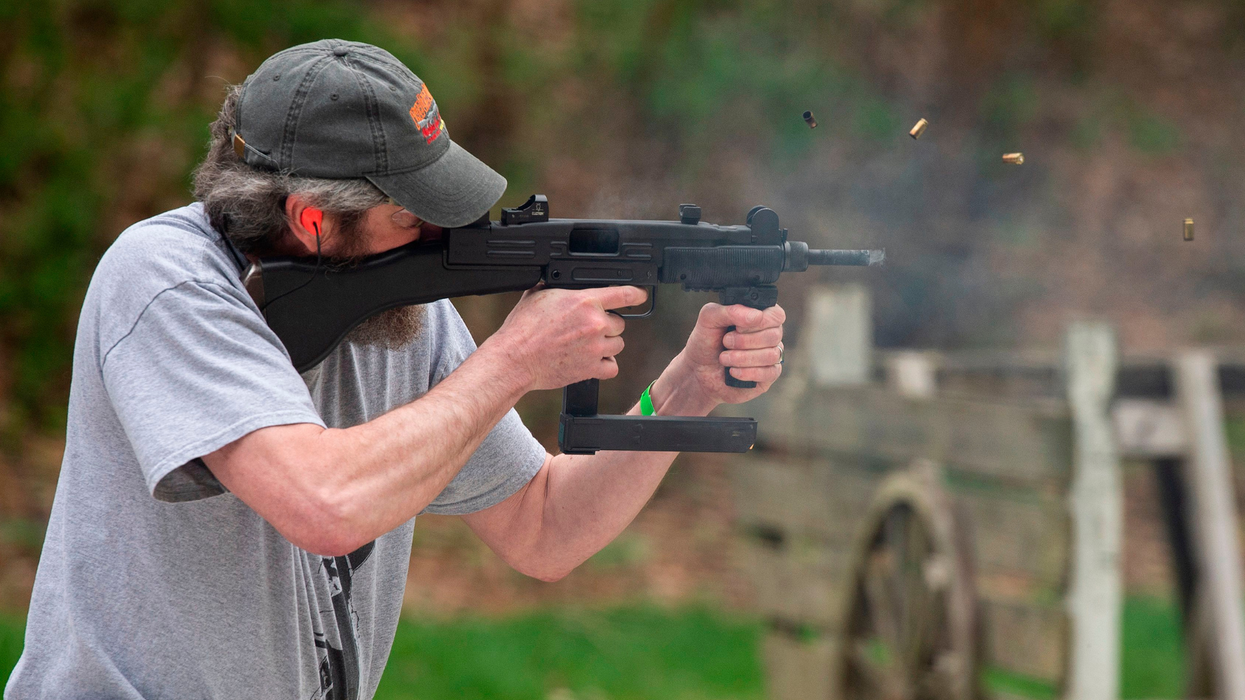
As America attempts to recover from two deadly mass shootings in the space of 48 hours, there are calls to change the Second Amendment – which allows for the owning of weapons.
Like many other US amendments, this one too can be changed – if there is the political will. Crucially, it is for this exact reason that they're called 'amendements.'
It's literally the definition:
amendment/əˈmɛn(d)m(ə)nt/nounA minor change or addition designed to improve a text, piece of legislation, etc.
The second amendment gives US citizens the right to bear arms, stating: “A well-regulated Militia, being necessary to the security of a free state, the right of the people to keep and bear Arms, shall not be infringed.”
This right underpins the basis of pro-gun rhetoric, and following the recent attacks the seemingly endless debate of the humble American's right to bear arms has been reignited once again.
Democratic presidential hopeful Pete Buttigieg pointed to “weak gun safety” measures and white nationalism as the reasons for the mass shootings in El Paso and Dayton, Ohio, where almost 30 people were killed and 50 injured.
America has a rich history in amending existing laws to improve the lives of its citizens. Here are some of the ways America would be worse off had it not amended pre-existing laws:
1. Slavery would still be legal
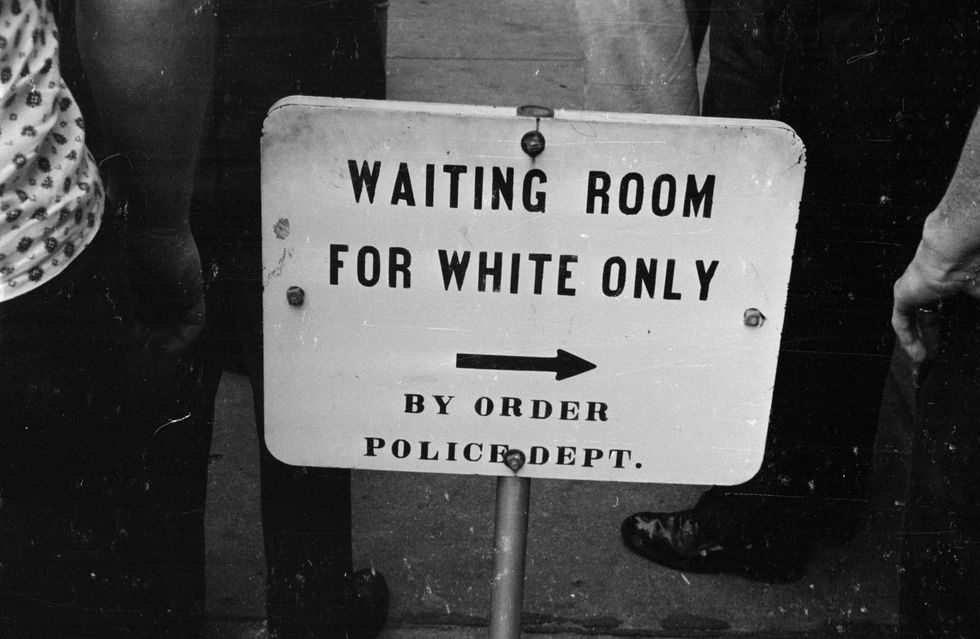
America’s 13th Amendment (1865) abolished slavery and involuntary solitude in all circumstances apart from in the case of a punishment for a crime.
Neither slavery nor involuntary servitude, except as a punishment for crime whereof the party shall have been duly convicted, shall exist within the United States, or any place subject to their jurisdiction.
2. You could be searched at any time for any reason
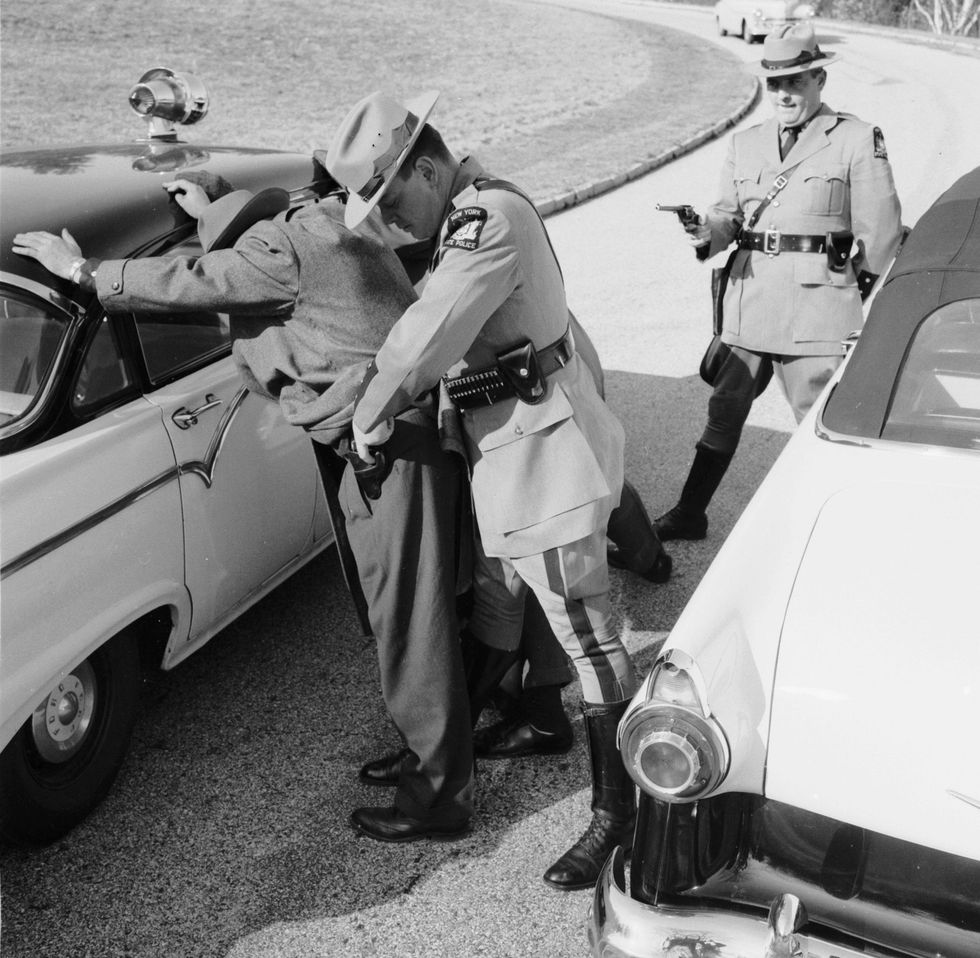
The 4th Amendment (1791) titled “Search and Seizure” gave people the right to secure their homes and person, and put a requirement for Warrants.
The right of the people to be secure in their persons, houses, papers, and effects, against unreasonable searches and seizures, shall not be violated, and no Warrants shall issue, but upon probable cause, supported by Oath or affirmation, and particularly describing the place to be searched, and the persons or things to be seized.
3. Soldiers could be posted in your home without your consent

Until the third amendment (1971), soldiers could, at any time use a citizen’s home to post up.
No Soldier shall, in time of peace be quartered in any house, without the consent of the Owner, nor in time of war, but in a manner to be prescribed by law.
4. Women couldn't vote
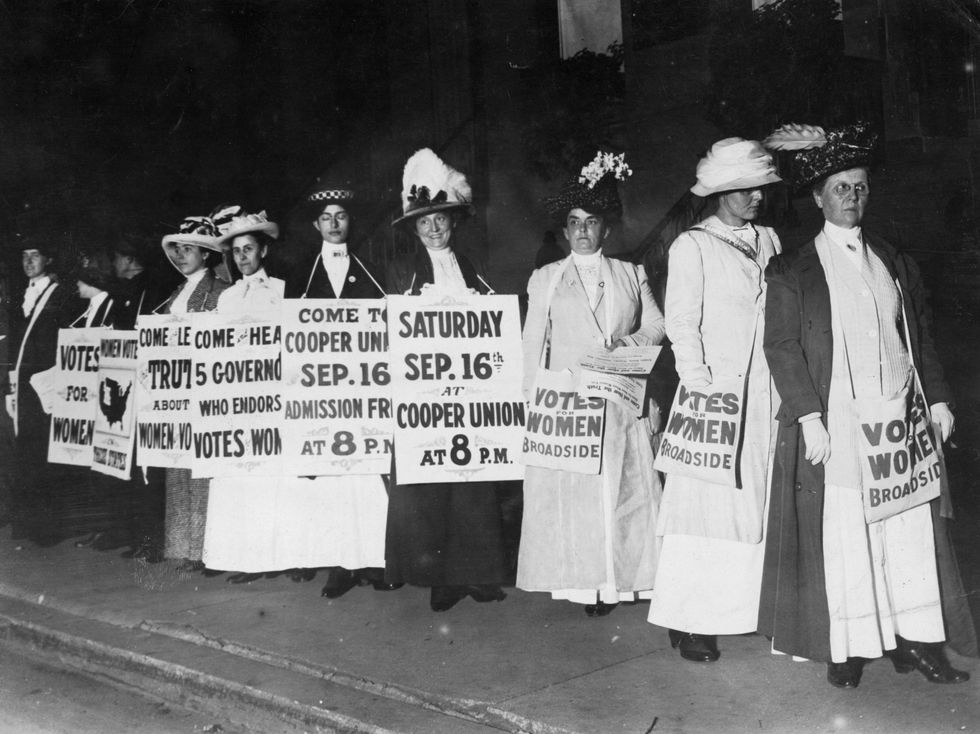
Prior to 1920 women were not legally allowed to vote. It wasn’t until the ratification of the 19th Amendment that it was prohibited to deny the right to vote based on sex.
The right of citizens of the United States to vote shall not be denied or abridged by the United States or by any State on account of sex.
5. Black and Hispanic people couldn't vote, either
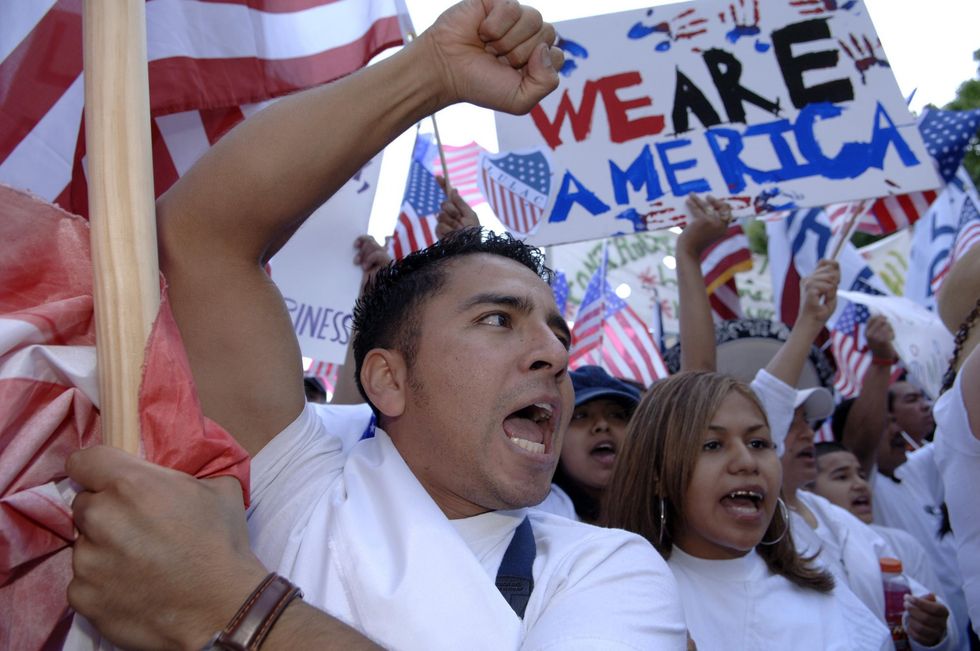
The 15th Amendment prohibited denying someone’s right to vote based on race.
The right of citizens of the United States to vote shall not be denied or abridged by the United States or by any State on account of sex.
6. Punishments for crimes could be cruel and arbitrarily large fines set

The eighth amendment right:
Excessive bail shall not be required, nor excessive fines imposed, nor cruel and unusual punishments inflicted.
7. You were not entitled to a trial-by-jury
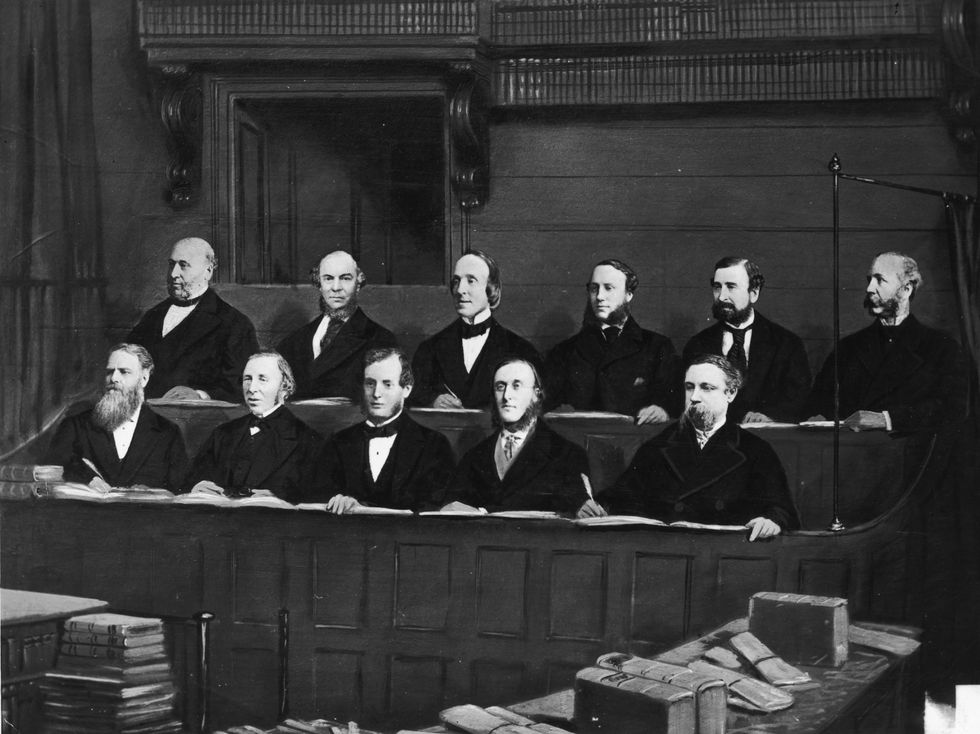
The 6th Amendment (1971) protects the right to a fair trial by jury.
In all criminal prosecutions, the accused shall enjoy the right to a speedy and public trial, by an impartial jury of the State and district wherein the crime shall have been committed, which district shall have been previously ascertained by law, and to be informed of the nature and cause of the accusation; to be confronted with the witnesses against him; to have compulsory process for obtaining witnesses in his favour, and to have the Assistance of Counsel for his defence.
8. You wouldn’t be able vote unless you are over the age of 21
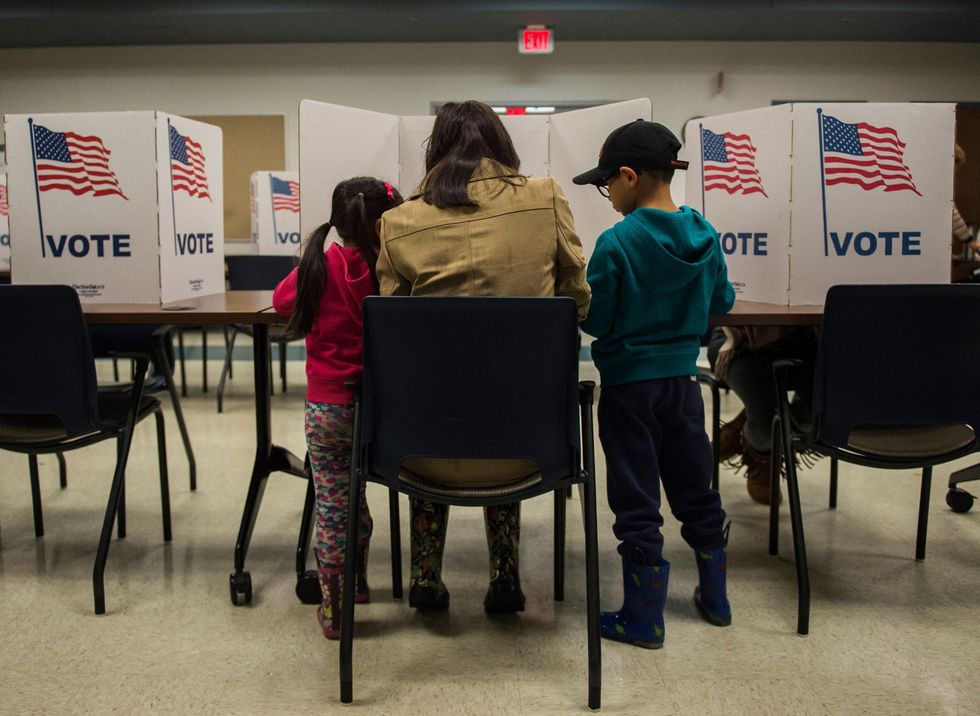
The 26th Amendment (1971) enshrines the right of US citizens over the age of 18 to vote.
The right of citizens of the United States, who are eighteen years of age or older, to vote shall not be denied or abridged by the United States or by any State on account of age.
More: Neil deGrasse Tyson draws criticism for response to America's mass shootings
More: Leave EU sparks fury after calling Remainers 'vermin' on Twitter












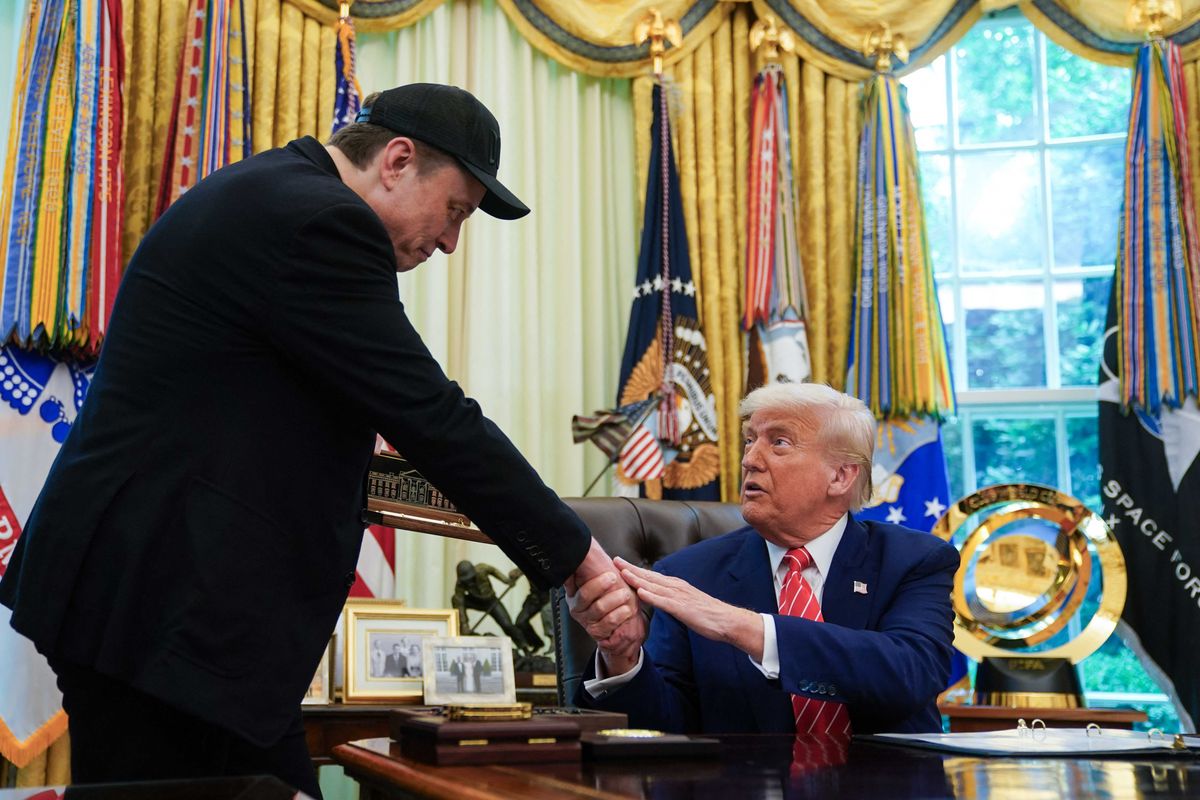
Trump says he’d 'love' to be in the army - but there’s one problem